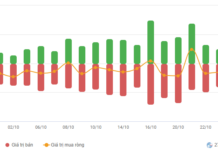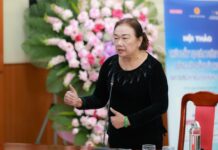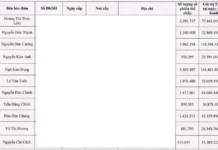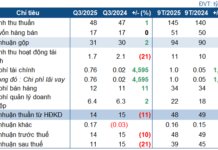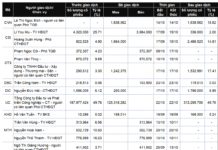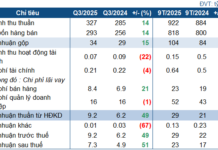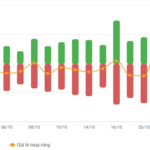The Housing and Urban Development Investment Corporation (HUD) has recently announced information related to two social housing projects under construction in Me Linh district, Hanoi.
According to the announcement, HUD has been appointed by the Hanoi People’s Committee as the investor of the social housing projects in Thanh Lam – Dai Thinh 2 New Urban Area in Thanh Lam commune and Dai Thinh commune, Me Linh district, namely project CT-05 (Lilya Garden) and CT-06 (Mimosa Garden).
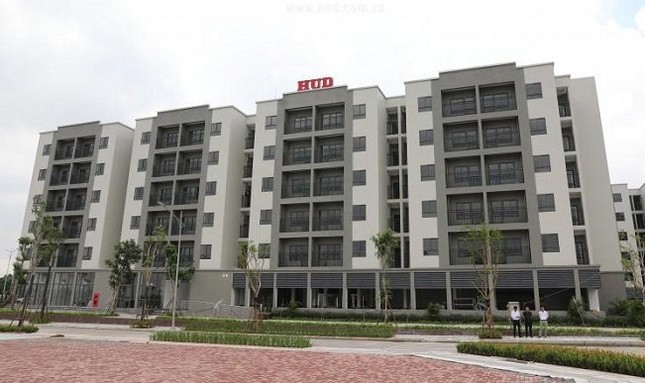
HUD’s social housing project in Me Linh.
Both of these projects are currently undergoing the investment and construction procedures as well as the appraisal of selling prices at the competent state agencies and have not received any registration files as required by law.
However, at present, on many real estate forums and trading platforms/individuals, there are a series of information providing assistance in booking units and submitting application files. In response to this situation, the investors recommend homebuyers who are interested in the project’s products to regularly update information on the official website of the developer, increase their vigilance and caution against the above-mentioned misleading information.
Once the social housing products meet the business requirements as stipulated by law and have a specific business plan, the company will make an official announcement on the website.
Previously, at the end of 2023, HUD started the construction of project CT-05 (Lilya Garden) and CT-06 (Mimosa Garden) social housing projects in Thanh Lam – Dai Thinh 2 New Urban Area (HUD Melinh Central), Me Linh district.
According to the report from the Ministry of Construction, there are currently 419 social housing projects and worker housing projects being implemented nationwide, with a scale of about 432,500 units and a total floor area of about 22.6 million square meters.
According to the project “Investment and Construction of at least 1 million social housing units by 2030”, by 2025, localities will complete the construction of about 428,000 social housing units and worker housing units. To date, the localities have completed 46 social housing projects, with a construction scale of 20,210 units. In addition, the localities have granted permits and approved investment policies for 419 projects with a construction scale of about 413,000 units.
In Hanoi, the city’s housing development program for the 2021-2030 period sets a target of completing 25,000 social housing units by 2025 and 110,000 social housing units by 2030. Recently, the Hanoi People’s Committee has approved the inclusion of 3 social housing projects in the list of housing and urban development projects in the city’s housing development plans for the 2021-2025 period (phase 2), with a total of 2,000 apartments.
Who is eligible to purchase social housing?
According to the current Housing Law, the eligible subjects to purchase social housing are as follows: Individuals with revolutionary merits as prescribed by law on preferential treatment for individuals with revolutionary merits; Poor and near-poor families in rural areas; Families in rural areas frequently affected by natural disasters and climate change; Low-income individuals, poor households, near-poor households in urban areas; Workers working in enterprises inside and outside industrial zones;
Officers, non-commissioned officers in professional services, technical officers, professional soldiers, employees in public security agencies and people’s armed forces; Officers, civil servants, and officials as prescribed by law on officers, civil servants, and officials; Those who have returned the state-provided housing in accordance with regulations. Families, individuals subject to land recovery and have to relocate, demolish houses according to regulations but have not been compensated by housing and residential land by the state yet.
In addition, these subjects must meet the following requirements: Don’t own residential properties that are owned, purchased, rented or leased-purchased social houses, and do not enjoy housing support policies, residential land in any form in their place of residence, study or own residential properties but the average living area per capita in the household is smaller than the minimum residential area.

